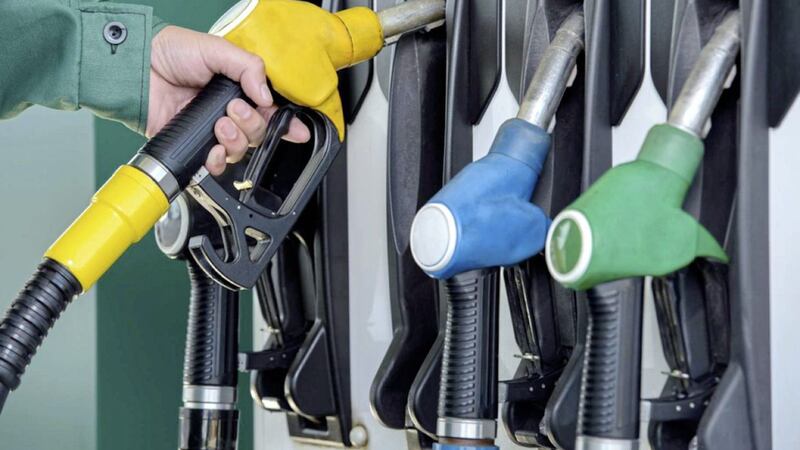IN simplistic terms, inflation is a word for an increase in prices. In practical terms, it means you can afford to buy less. It means our current wages, and any savings we might have, are worth less.
According to the Office for National Statistics, the UK’s Consumer Prices Index including owner occupiers’ housing costs rose by 5.4 per cent in the 12 months to January. This is a stark statistic for low-income households previously struggling to afford the basics, as in a period of high inflation, these necessities will cost more. For people living on a fixed or low income, while costs continue to soar, it’s harder for them to just survive.
The pandemic has resulted in a new playing field. The economy has bounced back quickly, outstripping expectations, and driven an upsurge in demand. The UK economy grew 7.5 per cent in 2021, an annual rate not seen since the 1940s. On the other side, production has been slower to recover.
Consumers are demanding more when there is less available, and in a world where demand outstrips supply, prices will inevitably rise. Too much demand chasing too little supply leads to inflation.
One major reason production has been slow to recover is down to supply chain issues, which are, in many cases, global and difficult to solve. Northern Ireland is experiencing more than its fair share as Brexit adds additional complexity to the supply chain.
The House of Commons Committee of Public Accounts released a paper this week confirming that the new border arrangements have added costs to business and they “remain concerned” about the impact of trading arrangements changes.
Shortages of labour are being experienced across many sectors right now. The shortage of lorry drivers has been well highlighted, given the number of European drivers working in the UK dropped by over a third in the year ending March 2021 according to official figures.
This drop is pushing up the salaries for available drivers, with the Road Haulage Association reporting an 18 percent increase in driver employment costs in a survey conducted in October 2021.
Energy prices can also be a major cost driver. In recent months, the UK has seen a sharp rise in the price of oil and gas, in part due to the ongoing situation in Russia and Ukraine. These are driving the costs of goods even further. A US based CFO survey found that 80 percent of firms are passing all these cost increases to customers through higher prices and we are all feeling the impact of this.
Unfortunately, people’s beliefs and behaviours are part of the problem. There is a school of thought called inflation expectation which goes on the premise that if we think we are entering a prolonged state of high inflation, the chances are we will and we will make decisions on that basis.
Employees will demand wage increases to cover the higher cost of goods and services. Consumers will scramble to buy before costs go up further. These actions will result in further pressure the demand side, which will push costs up even more.
It’s not just Northern Ireland and the wider UK that is going through this right now, the US inflation rate of 7.5 per cent is at its highest for 40 years. History teaches us that once inflation takes hold, it’s hard to get out of it and there is no quick fix.
One tool that might help combat inflation is to increase interest rates. In the US in the 1980s, measures that successfully brought inflation down involved bans on wage increases and record high interest rates.
High interest rates meant borrowing money was expensive and the resulting increase in mortgage rates meant that people had less money, which reduced overall demand in the economy. This triggered a recession in 1981, which caused even more hardship for those trying to make ends meet. Certainly not a good outcome, even if it did sort inflation out.
Some economists believe the current bottlenecks will eventually resolve, prices will subside, and inflation will return to a low rate without a need for significant change in monetary policy.
In other words, this is a temporary period of high inflation driven by the pandemic’s impact on the supply chain issues, giving hope to some that the current strains will be short-term.
High inflation could, in part, be a result of inflation expectation, and therefore the answer may in fact be to remain calm.
However, with no control over the evolving situation in Russia and Ukraine, which is driving the price of oil and gas to near record highs, it is a little more difficult to remain calm.
Zara Duffy is head of Northern Ireland at Chartered Accountants Ireland








